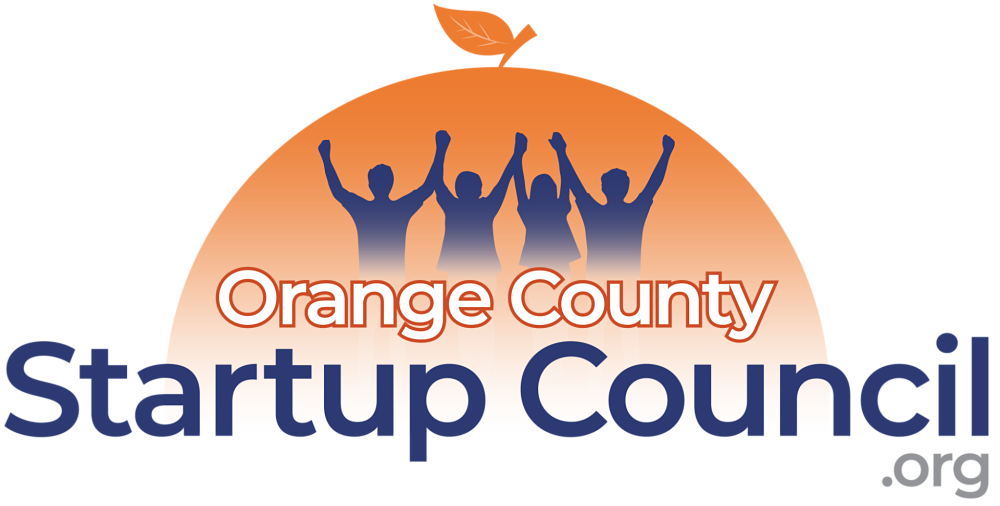How to Protect Personal Information
Thanks again to Withum for their Platinum Sponsorship support of the OC Startup Council. To learn more about Withum's accounting and advisory services. please contact Allen Goh, Technology & Emerging Growth Services West Coast Team Leader - allen.goh@withum.com:
Personal Cybersecurity Habits You’re Overlooking
As users or end-users in IT terms, we often receive notices and trainings to keep our company and client data safe.
These tips are always helpful, yet the information does not readily translate to personal cybersecurity diligence.
Our accompanying podcast, “Personal Cybersecurity Habits You’re Overlooking,” solicits advice from Withum’s Julie Tracy, Executive Cybersecurity Advisor. Julie shares informative tips and steps to take immediately to protect personal information.
Below are a few key takeaways and highlights of the practical advice.
Password Hygiene
What is password hygiene? Password hygiene is an industry term for suggesting strong password creation, ongoing maintenance of those passwords, and keeping the passwords safe and protected. Some of the common password hygiene practices are:
- Never re-use a password(s)
- Do not share your password(s)
- Make password(s) unique
- Do not save the password(s) and login(s) on paper or any other unencrypted means
Passphrases: A passphrase is a longer password containing special characters and a combination of words symbolizing a phrase or sentence designed to increase security. These are commonly recommended as part of good password hygiene, as well. Passphrases typically go beyond the 8-alphanumeric character recommendation for basic password requirements on apps and websites.
Consider a password manager: Similar to passphrases, a password manager application is often included on the list of good password hygiene practices. Password managers, such as Dashlane, or others available to individuals, are secure software tools that track and store your unique passwords, allowing the user to remember ‘one’ master password for all logins.
Multi-Factor Authentication (MFA)
What is MFA? Many of us use multi-factor authentication already. MFA is, at least, a 2-step verification process for a user to gain access to a website or app. The steps often include...
Read the rest of this article at withum.com...
Contact OCSC Platinum Sponsor Withum to learn more about their services. For Technology and Emerging Growth Services contact Allen Goh, Technology & Emerging Growth Services West Coast Team Leader - allen.goh@withum.com, Vince Phorn CPA – vphorn@withum.com, or Brenna Liana, Marketing - bliana@withum.com and learn more at https://www.withum.com/industries/technology-services/
Photo by Christin Hume on Unsplash
Want to share your advice for startup entrepreneurs? Submit a Guest Post here.
